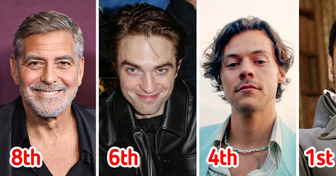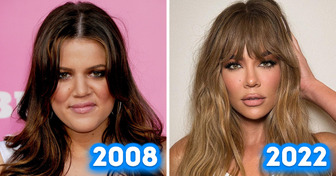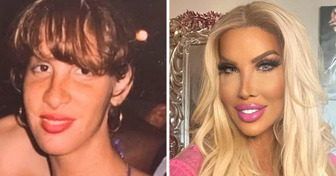13 Celebrity Couples That Could’ve Won the Genetic Jackpot Had They Become Parents

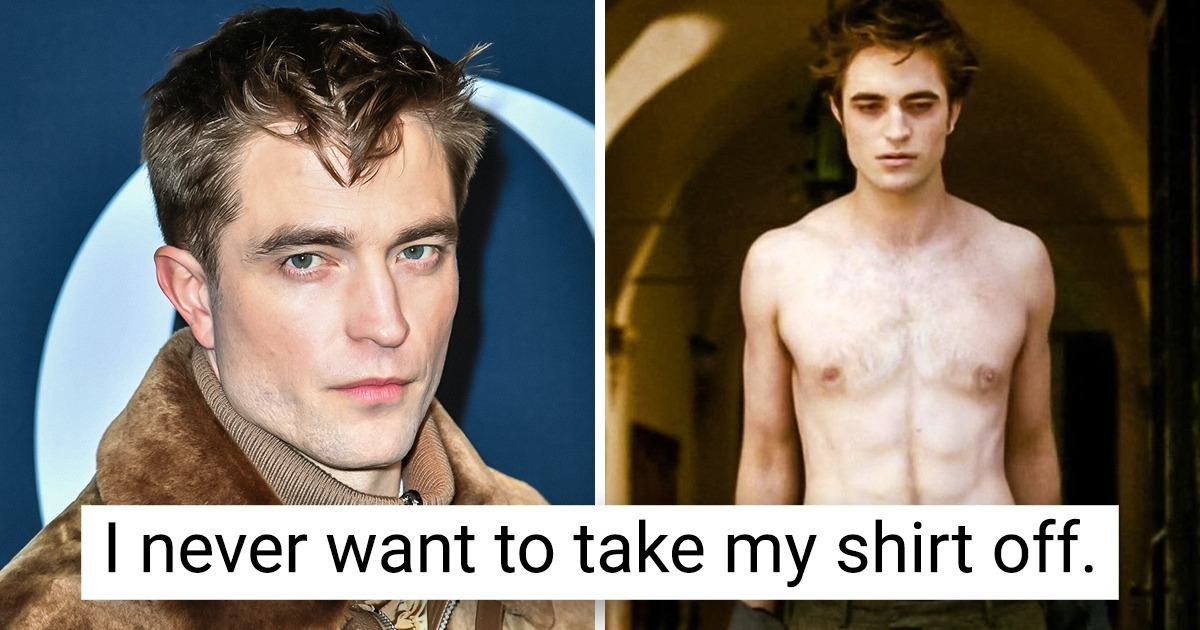
Robert Pattinson rose to fame as a heartthrob in Hollywood after his role as Edward Cullen in the Twilight movie series. The actor, however, despite being labeled as a “Hottest Actor” and “The Sexiest Man Alive” early in his career, still isn’t any less prone to body insecurities than the rest of us. Both women and men in Hollywood experience pressure to conform to a certain body ideal.
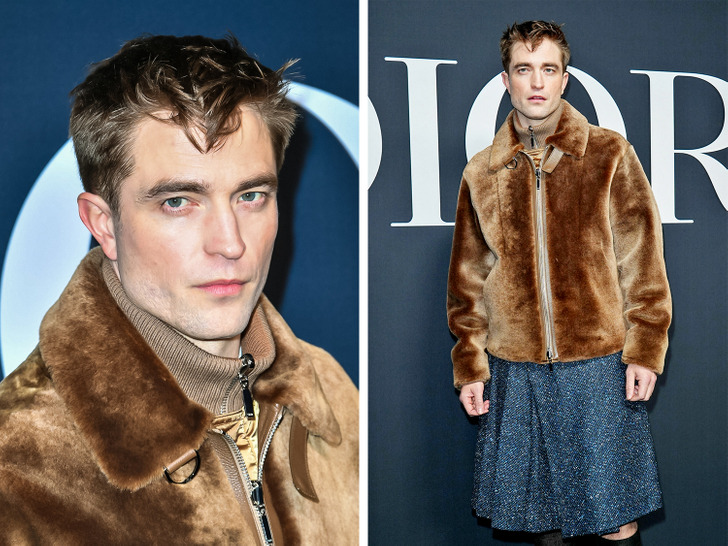
Earlier this year, Alexander Skarsgård revealed that he was once listed as a “sexy hunky hot” actor after his first job, and as a result, he struggled to be taken seriously in the industry. Similarly, Robert Pattinson has talked about the pressure to get in shape for his roles, including playing Batman. He has joked about not working out, but this highlights his discomfort with being seen as a sex symbol. Pattinson has also mentioned how uncomfortable it can be to constantly answer questions about his fitness routine, as he says: “There’ll always be a guy who’s in better shape than you.”
The comments made by Robert shed light on the pressure men face to conform to certain physical standards. This pressure has trickled down to younger generations of boys as well. Robert Pattinson acknowledges the issue, saying that it’s easy to fall into the trap of becoming obsessed with your appearance: “Yeah, it’s crazy,” he says.
“And it’s very, very easy to fall into that pattern as well, even if you’re just watching your calorie intake, it’s extraordinarily addictive — and you don’t quite realize how insidious it is until it’s too late.”
Pattinson admitted to experiencing a great deal of anxiety leading up to high-profile events: “I get a ton of anxiety, right up until the second I get out of the car to the event, when suddenly it completely dissipates,” Pattinson said about attending high-profile events. “But up until that moment, I’m a nut case. Body dysmorphia, overall tremendous anxiety.”
Individuals with Body Dysmorphic Disorder (BDD) believe they have a physical deformity or flaw that makes them appear unattractive, even when others don’t see that. This obsession with their perceived imperfections can cause significant social, psychological, and emotional distress.
The actor believes that his lack of confidence may be why he has never become egotistical, despite his success. He stated, “I suppose it’s because of these tremendous insecurities that I never found a way to become egotistical. I don’t have a 6-pack, and I hate going to the gym.”
Although Pattinson says he has always struggled with fitting into some vague ideal, having a perfectly toned physique is not a priority for him. The actor says: “I’ve been like that my whole life. I never want to take my shirt off.”
Throughout history, society has conditioned men to suppress their mental health issues, and discussions about body image problems have often been associated with women, resulting in male body negativity being excluded from conversations. According to Meghan Gillen, Ph.D., an associate professor of psychology at Penn State Abington, male body image requires more attention because men face increased pressure to achieve a lean and muscular physique. While it has been assumed that women deal with this pressure, Gillen believes that men are no longer protected from it.

